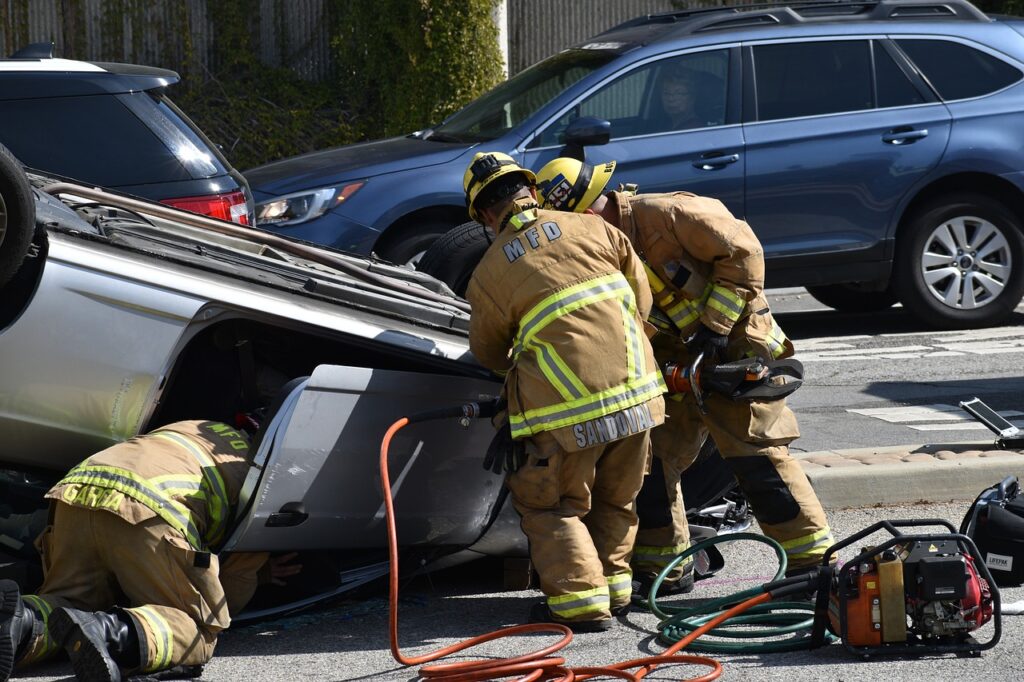In a vehicular accident, the aftermath can be a whirlwind of stress, phone calls, and paperwork. But amidst the chaos, there’s one thing you can’t afford to lose sight of: your evidence. Experts at burger law personal injury know that mishandling evidence can lead to spoliation—a legal term that sounds fancy but could ruin your case faster than you can say “fender bender.” Fear not! We’ll break down what spoliation of evidence is, why it matters, and how you can avoid sabotaging your own claim.
Spoliation of Evidence: What Is It?
Let’s get technical for a second. Spoliation of evidence occurs when crucial evidence is destroyed, altered, or lost, intentionally or accidentally. In legal terms, it’s a big no-no because it prevents a fair trial or resolution of your case. The courts take this issue seriously, and the consequences can be harsh—think sanctions, dismissed claims, or even adverse judgments.
Evidence for vehicular accidents includes photos, videos, damaged vehicles, black box data, medical records, and even witness testimonies. Losing any of these can weaken your case, leaving you vulnerable to lowball settlements or outright dismissal.
Why Spoliation Matters in Vehicular Accident Cases
Imagine this: You’re rear-ended at a stoplight and have a solid case to prove the other driver was at fault. But then you decide to repair your car before documenting the damage or accidentally delete those all-important crash site photos. Now, the other party’s insurer is claiming you’re exaggerating the damage—and you have no evidence to back up your side of the story.
Spoliation doesn’t just harm your ability to prove liability or damages; it can also make you look bad in court. Judges and juries might assume you had something to hide, even if the evidence was lost unintentionally. Suppose the court determines you’ve engaged in spoliation. In that case, they may issue harsh penalties like excluding other pieces of evidence or instructing the jury to assume the missing evidence would’ve been unfavorable to your case.
How to Avoid Spoliation of Evidence
The good news? Avoiding spoliation is entirely within your control. Here are some practical tips from experts at burger law personal injury firm to keep your evidence intact and your case strong:
1. Preserve the Scene
Right after an accident, your priority is safety. Once everyone is out of harm’s way, document the scene thoroughly. Use your smartphone to take photos and videos of:
- Vehicle positions
- Skid marks
- Road conditions
- Traffic signs or signals
- Visible injuries
Make sure to capture multiple angles. These visuals can be critical in showing how the accident unfolded.
2. Don’t Repair or Dispose of Damaged Property
Your car’s damage tells a story you’ll want to share with your insurer and potentially a jury. Avoid repairing or disposing of your vehicle until all necessary inspections are complete. If repairs are unavoidable (e.g., you need your car for work), consult your attorney and thoroughly document the damage beforehand.
3. Secure Digital Evidence
Dashcam footage, black box data, and phone records can be goldmines of information. Download and securely store these files as soon as possible. Some devices, like dashcams, overwrite old data, so act quickly.
4. Keep Medical Records Organized
Injuries can’t be photographed as easily as car damage, but they’re just as important. Seek medical attention promptly and follow all recommended treatments. Request copies of your medical records and bills, and keep them organized. A detailed record shows the extent of your injuries and how they’ve impacted your life.
5. Avoid Social Media Missteps
Posting about your accident or recovery can backfire. Even innocent updates or photos can be misconstrued and used against you. Keep your social media profiles private and think twice before posting anything accident-related.
6. Notify the Right Parties
Inform your insurance company, the other driver’s insurer, and law enforcement about the accident promptly. Keep copies of all correspondence. If you’re pursuing legal action, consult an attorney who can guide you through proper evidence-preservation practices.
7. Consult an Attorney Early
Speaking of attorneys, getting legal help early can be a game-changer. Lawyers know the ins and outs of evidence preservation and can issue “preservation letters” to ensure key evidence (like the other party’s vehicle or traffic camera footage) isn’t tampered with or destroyed.
What If Spoliation Happens Anyway?
Nobody’s perfect, and accidents—even evidence-related ones—can happen. If you realize you’ve lost or damaged critical evidence, inform your attorney immediately. Honesty is the best policy, and a skilled lawyer can work to mitigate the impact by showing the loss was accidental and not malicious.
Conclusion
It’s easy to overlook the importance of preserving evidence in the chaos following a vehicular accident. However, diligence can go a long way in protecting your rights and strengthening your case. By following these steps, you can avoid the pitfalls of spoliation and ensure that your evidence tells the full story. After all, the last thing you want is for your case to skid off the road because of avoidable mistakes. Keep calm, document everything, and let your evidence do the talking.


